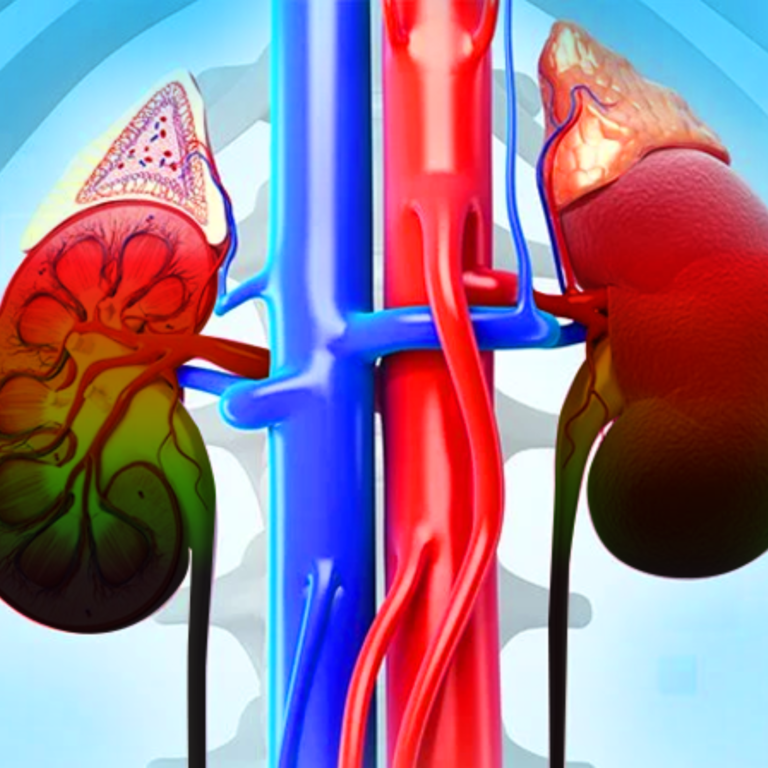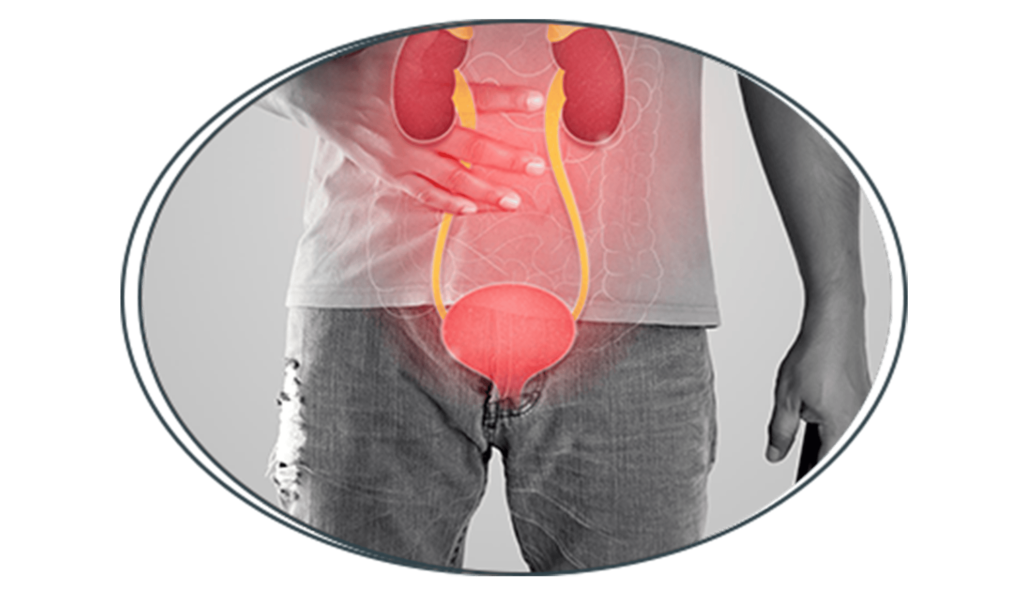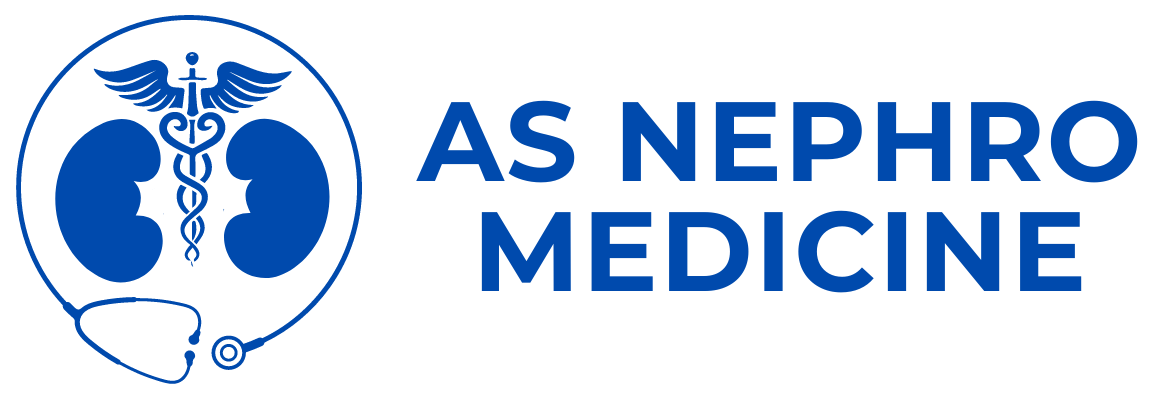
What is Chronic Kidney Disease?
Chronic kidney disease (CKD) is a long-term condition where the kidneys gradually lose their ability to function properly. It is defined as the presence of kidney damage or an estimated glomerular filtration rate (eGFR) less than 60 ml/min/1.73 m2, persisting for 3 months or more, regardless of the underlying cause.

Causes of Chronic Kidney Failure
- Heart disease: Reduced blood flow to the kidneys can increase the risk of CKD.
- Age: Being over 60 is a risk factor.
- Inherited conditions: Such as polycystic kidney disease, where cysts develop in the kidneys.
- Kidney infections: Such as hemolytic uremic syndrome, which occurs when red blood cells block the kidneys’ filtering system.
- Medications: Some medications can damage the kidneys.
- Alcohol: Chronic drinking can disrupt hormonal control mechanisms that affect kidney function
Symptoms of Chronic Kidney Failure
- Nausea
- Vomiting
- Loss of appetite
- Fatigue and weakness
- Sleep problems
- Urinating more or less
- Decreased mental sharpness
- Muscle cramps
- Swelling of feet and ankles
- Dry, itchy skin
- High blood pressure (hypertension) that’s difficult to control
- Shortness of breath, if fluid builds up in the lungs
- Chest pain, if fluid builds up around the lining of the heart

FAQs
The main causes of CKD include diabetes, high blood pressure (hypertension), glomerulonephritis (inflammation of the kidney’s filtering units), and polycystic kidney disease. Other factors include prolonged use of certain medications and recurrent kidney infections.
CKD is diagnosed through blood tests (measuring creatinine levels to estimate glomerular filtration rate or eGFR), urine tests (to check for protein or blood in urine), and imaging tests (such as ultrasound or CT scan). Sometimes a kidney biopsy is also performed.
CKD can often be prevented by managing underlying conditions like diabetes and hypertension, maintaining a healthy diet, staying hydrated, avoiding excessive use of over-the-counter pain medications, and not smoking.
Dietary changes for CKD patients may include reducing salt intake, limiting protein, managing potassium and phosphorus levels, and staying hydrated. It’s important to work with a dietitian to create an individualized plan.
Many people with CKD can live a normal life with appropriate treatment and lifestyle modifications. However, regular medical check-ups and adherence to treatment plans are crucial.
The frequency of doctor visits depends on the stage of CKD and individual health needs. Typically, regular check-ups are recommended every 3-6 months, but this may increase with disease progression.
